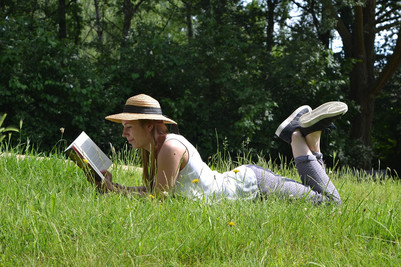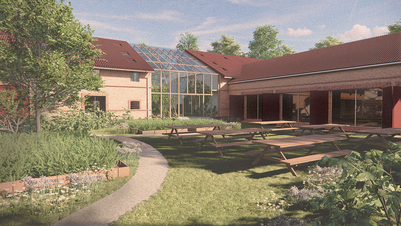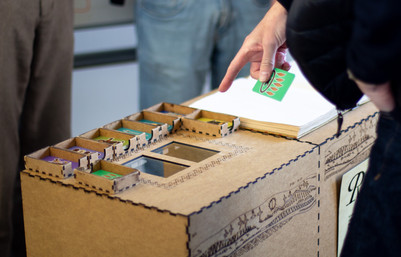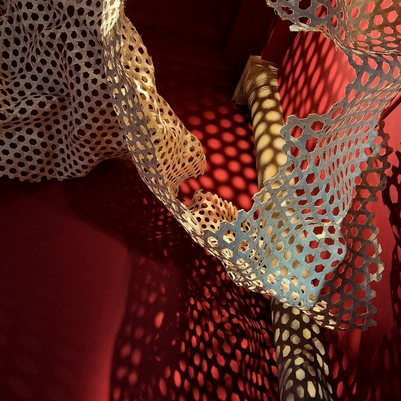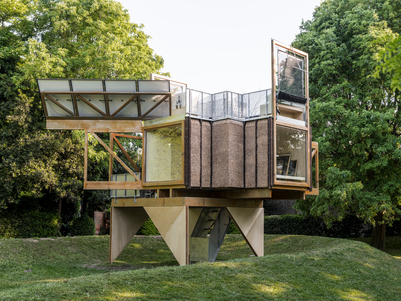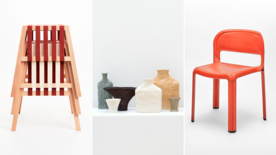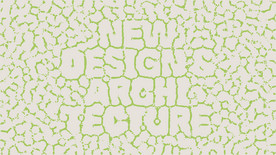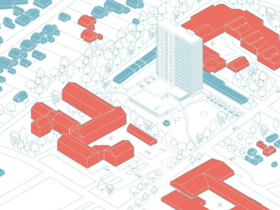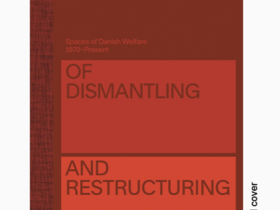
Conference Abstract | Mette Mechlenborg & Marie Stender
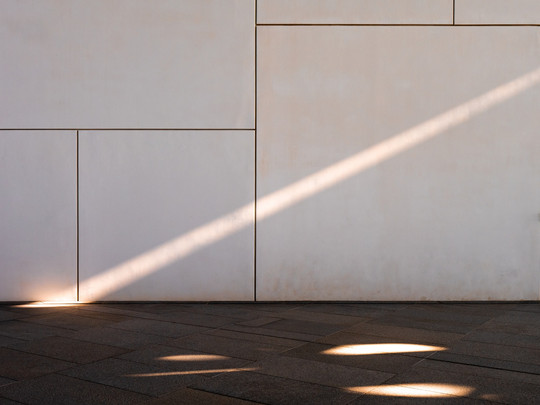
The Problem of Representation: Holes in Spaces of the Welfare State
Several studies account for the stigmatization in disadvantaged areas and its negative consequences for the inhabitants, also in a Danish context. However, research literature has so far only given limited attention to the relationship between stories of the welfare state and its excluded spaces, such as the recent proclamation by the former Danish Prime Minister of disadvantaged housing areas as constituting ‘holes in the map of Denmark’. Based on empirical case studies in 8 disadvantaged Danish housing areas that are currently regenerated (the so-called ‘hardest ghettos’) this paper analyses how ‘the holes’ are represented by local and national written media during a 12 months period, and how these media representations are perceived and appropriated locally by people living in the areas. The presentation demonstrates how media in some cases detach local areas from their spatial, specific context and make them representative of an antidote to the ideal story of the welfare state in order to regain order and control. Further, our analysis shows how residents cope with such media stigmatization through various tactics of appropriation and resistance, positioning different moral aspect of their neighbourhood. In general, media representation of hard ghettos both shakes up and reinforces a common place identity and shows how stories and place identity are linked. In a larger scale these representations are an insight into the Danish welfare states cope with spatial transformation, social disintegration and fundamental problems of representation of equality. Originally designed as the quintessence of welfare spaces providing decent housing, community and security for all, these housing areas have today come to occupy the reverse role, as representing the spatial limits of welfare, community and security.
Mette Mechlenborg. Senior researcher at BUILD Aalborg University. PhD from Cultural Studies at Southern University of Denmark (2012). Mechlenborg has a profound knowledge on homemaking and housing in a cross-interdisciplinary research field. She has a deep interest in theories on space and place making, especially Lefebvre, and the entanglement of the cultural, the social and the physical.
Marie Stender. Senior researcher at BUILD Aalborg University. Anthropologist from University of Copenhagen (2006), and PhD from Aalborg University, Media, Architecture and Design (2014). Stender’s research focusses on the relationship between social life and the built environment, particularly on placemaking processes, social sustainability and architectural anthropology.




